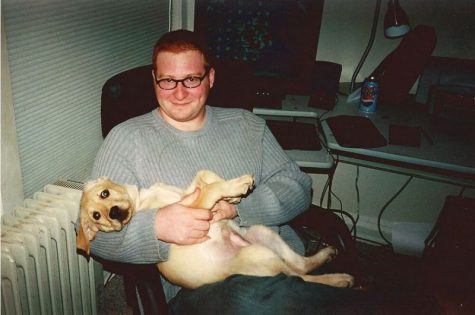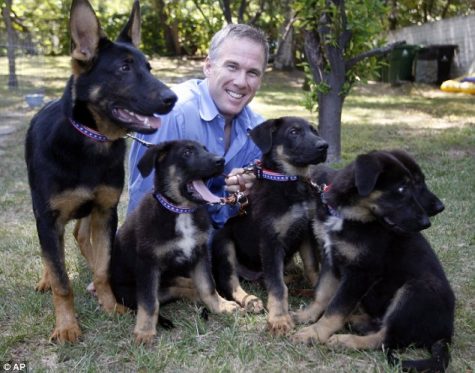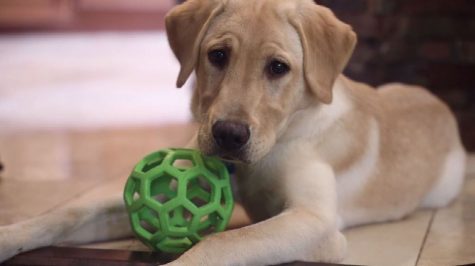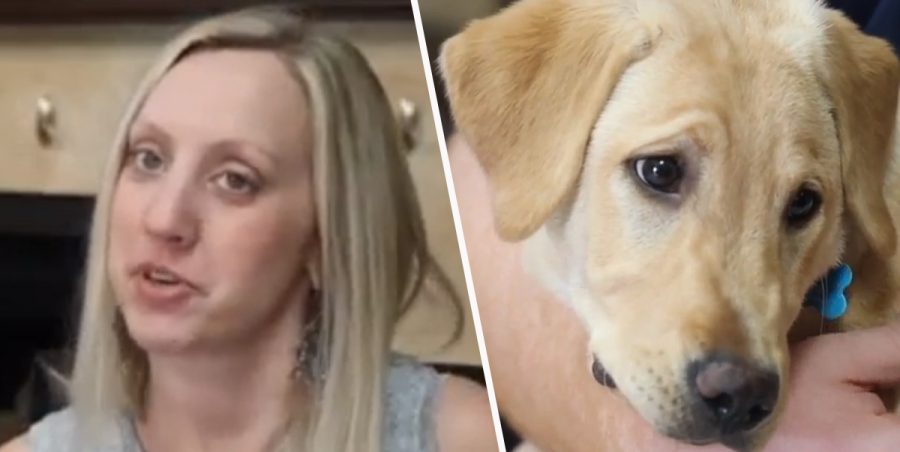Clone Your Dog Today, for the Small Price of 50k!
March 2, 2020
The loss of a beloved pet can leave you heartbroken and despondent. All you want is to have them back and for California couple David and Alicia Tschirhart, they knew what they had to do and were able to get their beloved dog Marley back with the help of advanced cloning technology.
Through a cloning service called ViaGen Pets and Equine, they were able to start genetic preservation and initiate cloning for payment of roughly fifty-thousand dollars. The Tschirharts, who live in Escondido, told KGTV that it was a small price to pay. This process can and has been performed with cats, dogs, and even horses, despite many calling the entire ability of scientists to clone in the first place unethical.

When Alicia Tschirhart was pregnant with her first child Madeline, in 2014, Marley joined the couple on a hike in San Diego’s Battle Mountain in Escondido. Looking for a walking stick, Alicia veered off of the trail and found the perfect stick. This is when Marley darted ahead of David and scurried towards Alicia who was unknowingly about to get bitten by a venomous rattlesnake. Due to Marley’s keen senses, Alicia and her daughter Madeline are alive, allowing Alicia and David to expand their family with newborn Colette.”I just saw this really big stick and so I was focused on grabbing that,” Alicia said. “I didn’t even see the snake until Marley started clawing.”
The next year, Marley passed away from cancer and the couple decided what they wanted to do in honor of a dog they recognized as part of their family…clone him. Years later on December 7th, 2019, the couple was introduced to Marley’s clone, Ziggy. “They have the same personality, they play the same, and they even favor the same toys,” Alicia told CNN San Diego affiliate KGTV.

Cloning has been a bit more common than anyone else knew. Actress and singer, Barbara Streisand revealed in 2018 that two of her dogs were clones of her previous dog. This technology was even being used in 2009 when five puppies were cloned from Trakr, a hero dog that is credited with finding the last survivor beneath the rubble of the 9/11 attacks in New York.
ViaGen Pets and Equine currently has a one-year waiting list and encourages owners of pets to ask veterinarians to take a tissue biopsy shortly after death to make sure cells can be preserved. In the lab, they will use the biopsy sample and culture new living cells from the sample and freeze them. ViaGen will then take one of the cells and replace the nucleus of a female dog’s egg with it. The egg and cell join together and the embryo will start to grow. Then, the embryo is inseminated into a surrogate mother, who will give birth after a normal gestation period.

When faced with criticism and backlash over the fact that so many animals are being euthanized and trapped in shelters, a spokesperson for the company said, “The number of cloned animals is a small fraction compared to the animals that pass through shelters. We believe that we should all work together to help find permanent homes for shelter animals, but we do not believe that cloning increases the problem in a meaningful way.”












